Sports education - this is why it's worth investing in
During the Middle Ages, sport and all its facets came under the influence of the Roman Catholic Church. The attainment of Christian morals was the primary ideal of education. The religious activities of the church dominated the choice of recreation activities. Physical games and contests did not feature, because religious activities took preference. With the rise of the feudal system, however, men had to be trained as knights. They were trained in activities such as horsemanship, fighting on horseback and other areas of self defence, archery, use of the crossbow, swimming and wrestling. Physical education was the main element of knights' training.
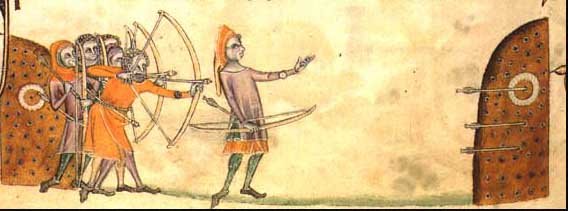
During the modern era sport has been characterized by the increasing number of clubs and organisations round the world. Sport is taken seriously, as shown by numerous outlets and opportunities for sporting activity.
Sport is seen as a means of education.
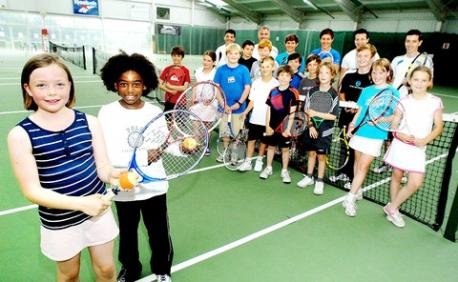
Many changes have taken place in sport. Sport is used as a tool for changing behavior, adapting character, building unity and cooperation in a diverse population, and as a tool for creating national loyalty. Sports coaching has become more and more specialized.
Games and sports have evolved because human beings are active, playful beings. Sport is a human phenomenon. Children, adults and the elderly can all take part in some sort of sport. Sport promotes worthwhile and good relationships, good sporting qualities, endurance and other fine qualities. However, sport can also promote corruption, violate individual dignity and create false heroes, for example.
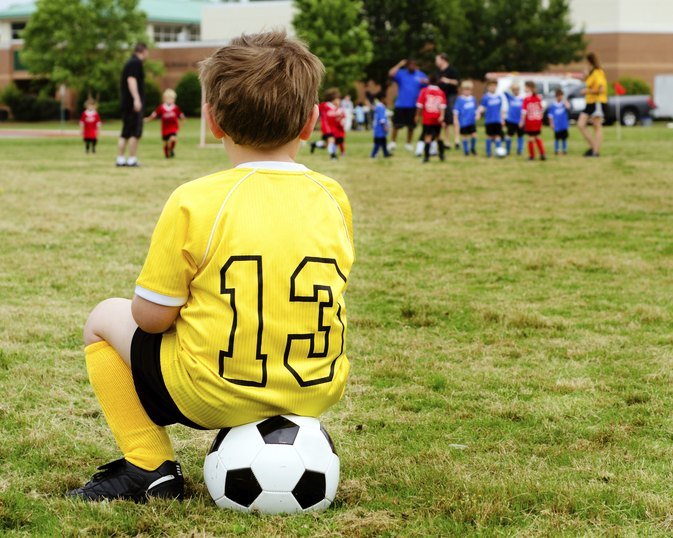
The original meaning of sport has undergone a change in emphasis. Today sport is associated with practicing, competition, specialization, coaching, administration and champions. Sport is now a significant component of societies and cultures across the world: it has become a global phenomenon.
Sport is an integral part of many lives. Physical education provides an opportunity to take part in sport and exercises within the education system. We should guide the learner to self-confidence within this working sphere. We should provide opportunities for learners to develop their body power, suppleness and endurance. There is also a need to create enjoyment for the learner. A playful atmosphere is a relaxed opportunity for educator and learner to communicate, for a learner to open up. Sport teaches young learners valuable lessons about life and society in general.
Sport is an instrument in the hands of education that helps to develop characters and personalities.
Sport promotes the following three values relating to psychological development:
(1) a spirit of cooperation in the playing of a team sport
(2) free participation among individuals and groups
(3) submission to authority and discipline of the law (abiding by the rules of the game)
It is the task of the coach and the learner to arrange sporting activities that develop learners' self-confidence. Many coaches are unaware of sport's psychological value for personality development. Mass participation has a major influence on people as groups and as individuals, and public attendance of sport events is generally a lively and entertaining experience, unless spectators get out of hand and aggressive. Mass sporting events sometimes give rise to irresponsible behavior: for example the spectator violence that mars soccer events.

Because of the interdependence of body and soul/mind, an overdeveloped body may inhibit spiritual development, which may in turn cause physical problems and these then leading back to psychological problems.
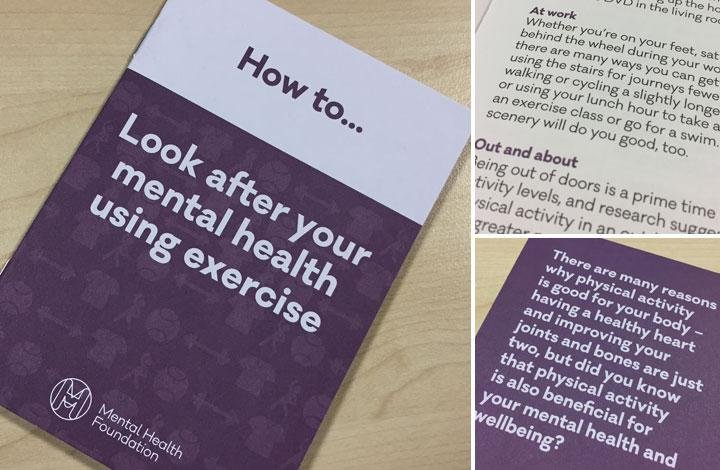
Sport has played an uplifting, recreational and reconstructive role from the earliest times. No one since has emphasized physical education as much as the ancient Greeks. Sport played an important part in education and was included in the daily school programme. Today we need regular exercise to compensate for the loss of physical activity imposed on us by modern civilization. Physiologically, there is no doubt that sport participation is an opportunity to improve general health. Sport promotes and stimulates physical growth and develops motor skills.
Never underestimate the educational value of sport. It inspires us to perform better. Its
discipline improves our ability to concentrate. The link between sport participation and good academic performance is long established:
Sport brings people into regular contact with one another, which stimulates and develops social growth. Team and individual sporting experiences strengthen the bonds of friendship. Social problems can be resolved by participation in sport. People all over the world are brought together to share a common interest in sport with by international events.
Sport has untold value for the handicapped to promote selfknowledge and self-esteem. Development of individual character is rooted in sport as it helps develop a positive attitude, endurance and sporting spirit.
From an ethical point of view, we see that sport teaches us to prove ourselves through participation. Honour and reputation come before greed and materialism. True sports heroes and heroines will be remembered in future generations.
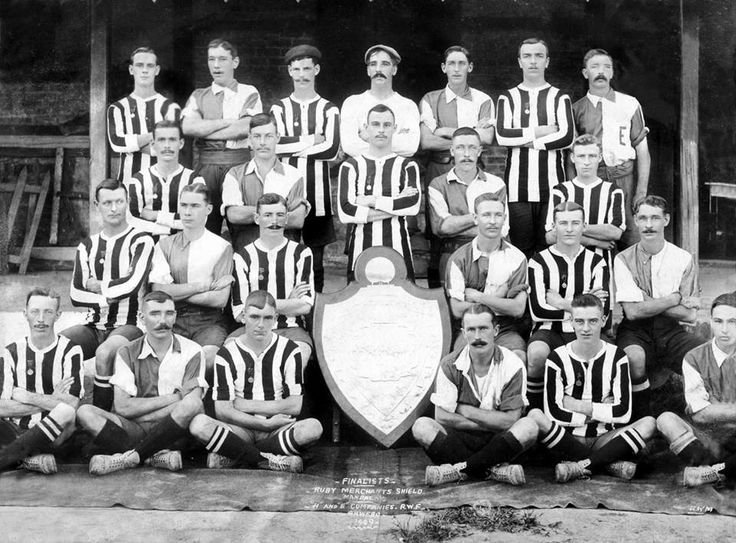
Resources:
The middle ages and sport
Sports facts
Character building through sports
Sports, status, narrative and nation
Sociology, sport and change
Physical education and school sports PDF
Role of sport in development
Promoting moral development through play
Increasing participation in sports
Victorious living - mind in motion
History and development of sports
Healthy development through sport
Sport as an instrument for improving health
Quest for green, clean and true sport

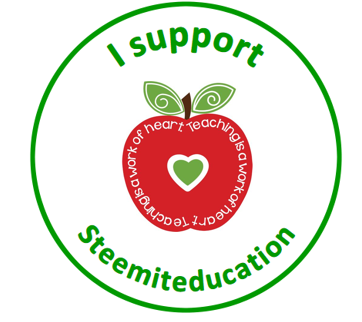


Your content has been voted as a part of Encouragement program. Keep up the good work!
Use Ecency daily to boost your growth on platform!
Support Ecency
Vote for new Proposal
Delegate HP and earn more
This is great, it gives great information and gives a new perspective on the importance of education regarding sports.